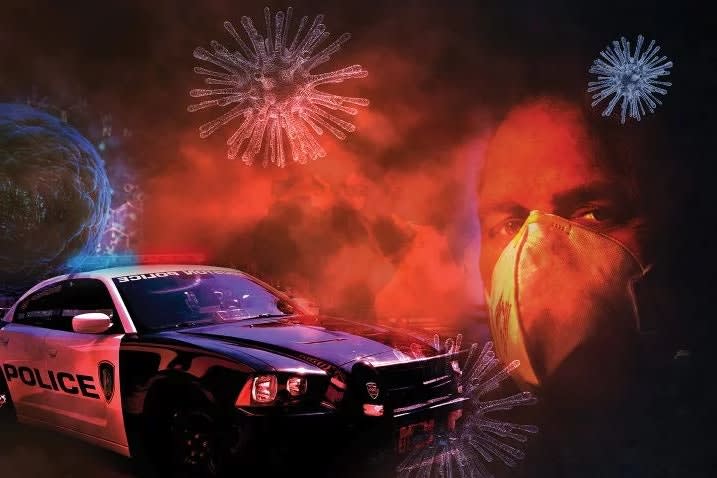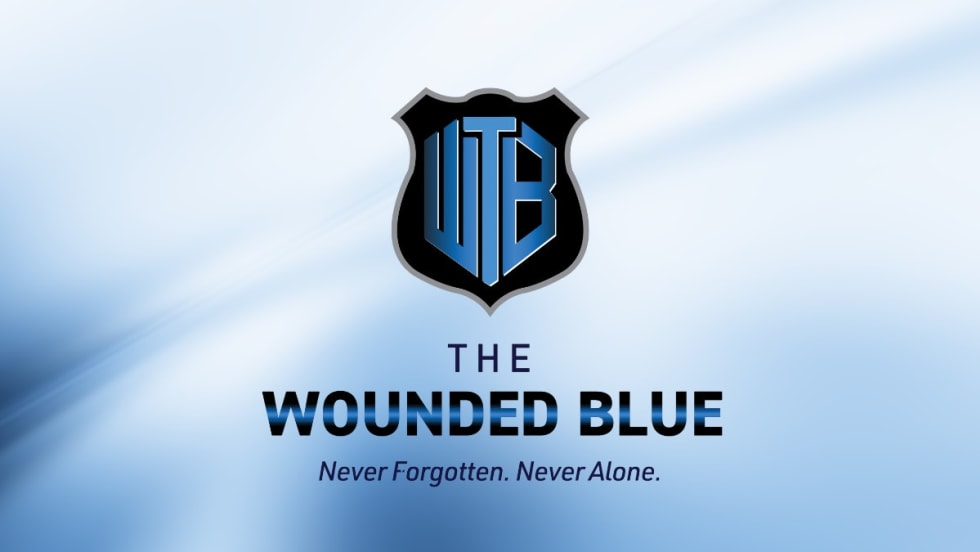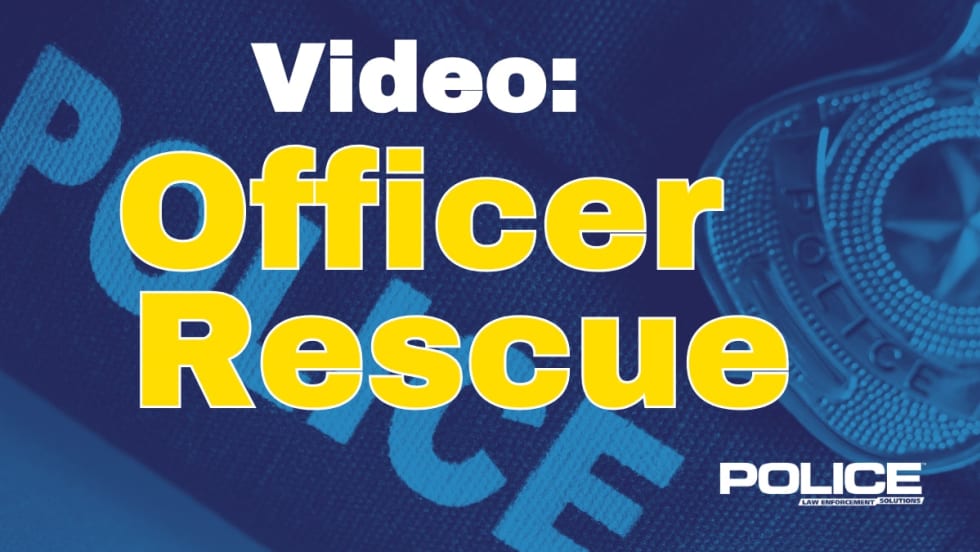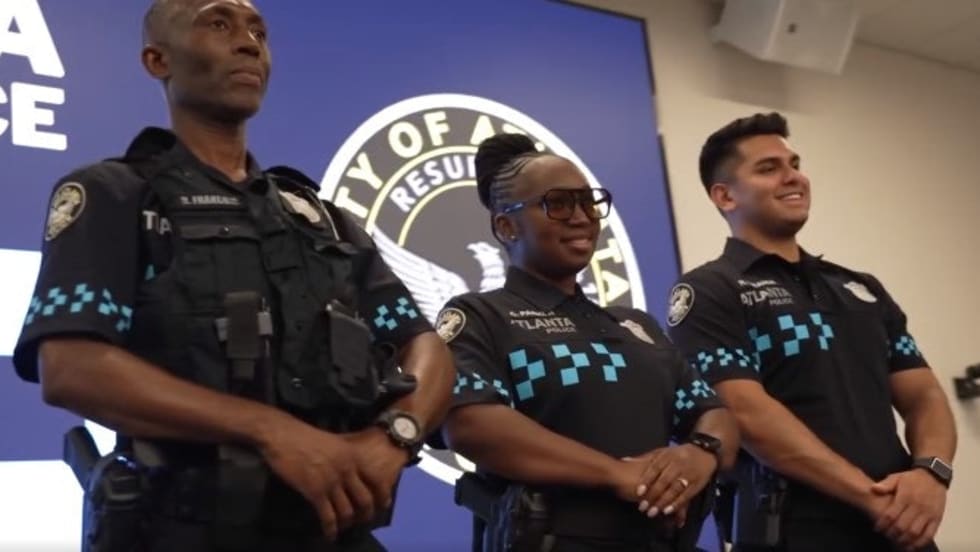Many agencies are wrestling with how to conduct training during the crisis. In-service and academy training have both taken hits. Only 14% of respondents said academy training is continuing at their agencies. However, it's important to note that many respondents said their agencies did not have academies.
In-service training has either been eliminated or been modified to practice social distancing. More than 45% of respondents said their agencies have canceled all in-service training at this time. Another 40% said their agencies are using online platforms for training. SWAT training has also been curtailed at many agencies.
Respondents were asked to discuss what steps their agencies are taking to provide social distancing protection for officers within their facilities. Many agencies are doing what much of corporate America is doing to minimize employee exposure and keep operations running, civilian employees and even some non-patrol sworn officers are working from home. In addition, shifts have been staggered to avoid cross-contact between officers coming on duty and those going off duty, meetings are being conducted by computer conference, some officers produce reports in their vehicles not in the stations, and some agencies have restricted sworn personnel's access to facilities.
Most agencies are also limiting contact with the public. More than 90% of respondents said their agencies are taking measures to reduce officer exposure. Some of the policies agencies are implementing to reduce public contact include: taking reports for some incidents over the phone, reducing front desk operations, prohibiting officers from shaking hands, ending or minimizing police response to medical emergencies, responding only to crimes against person calls, and avoiding nursing homes and assisted living facilities. Some agencies, even highway patrols, are restricting traffic stops to serious offenses.
Agencies are also using their 911 communicators and dispatchers to help their officers remain healthy. "We have implemented a call screening process where officers are notified by dispatch if anyone at the location has been ill or has COVID-19. If so they contact the caller by phone to handle the call," one respondent wrote.











